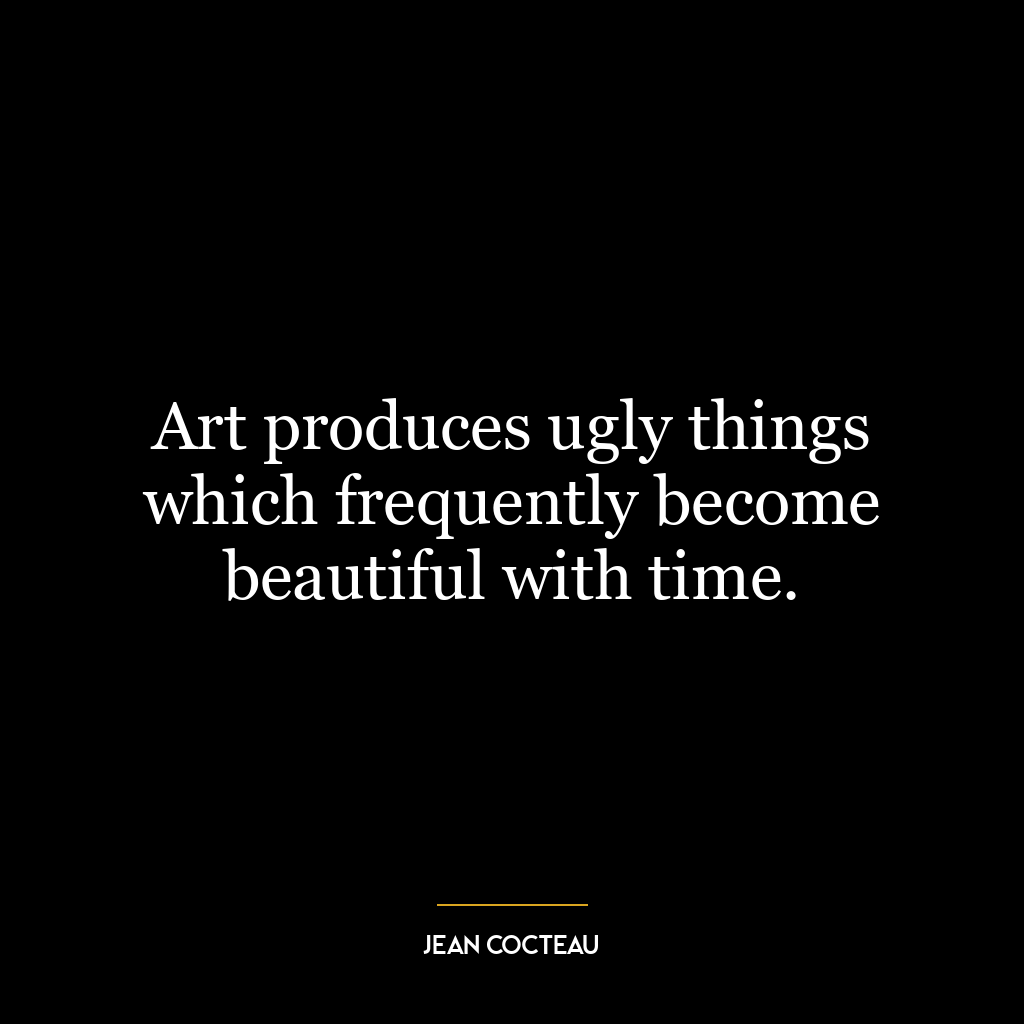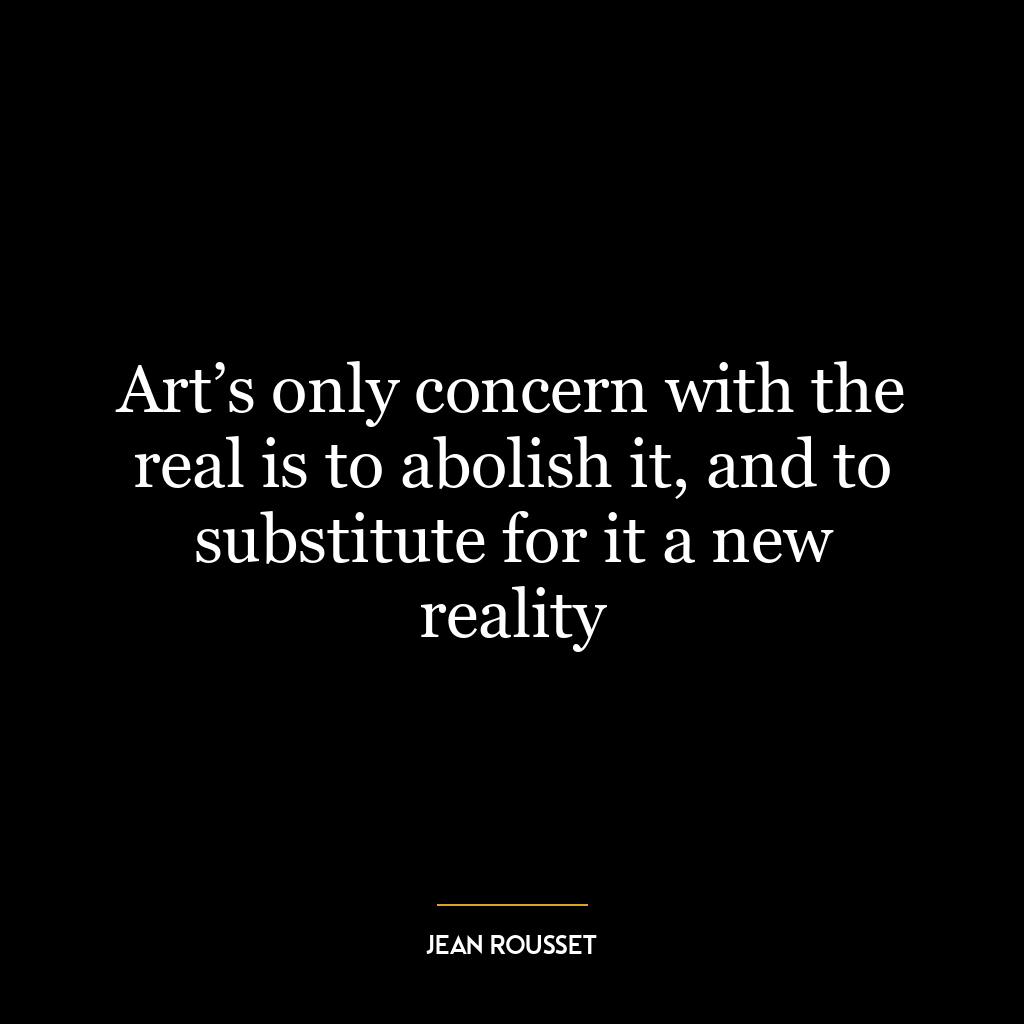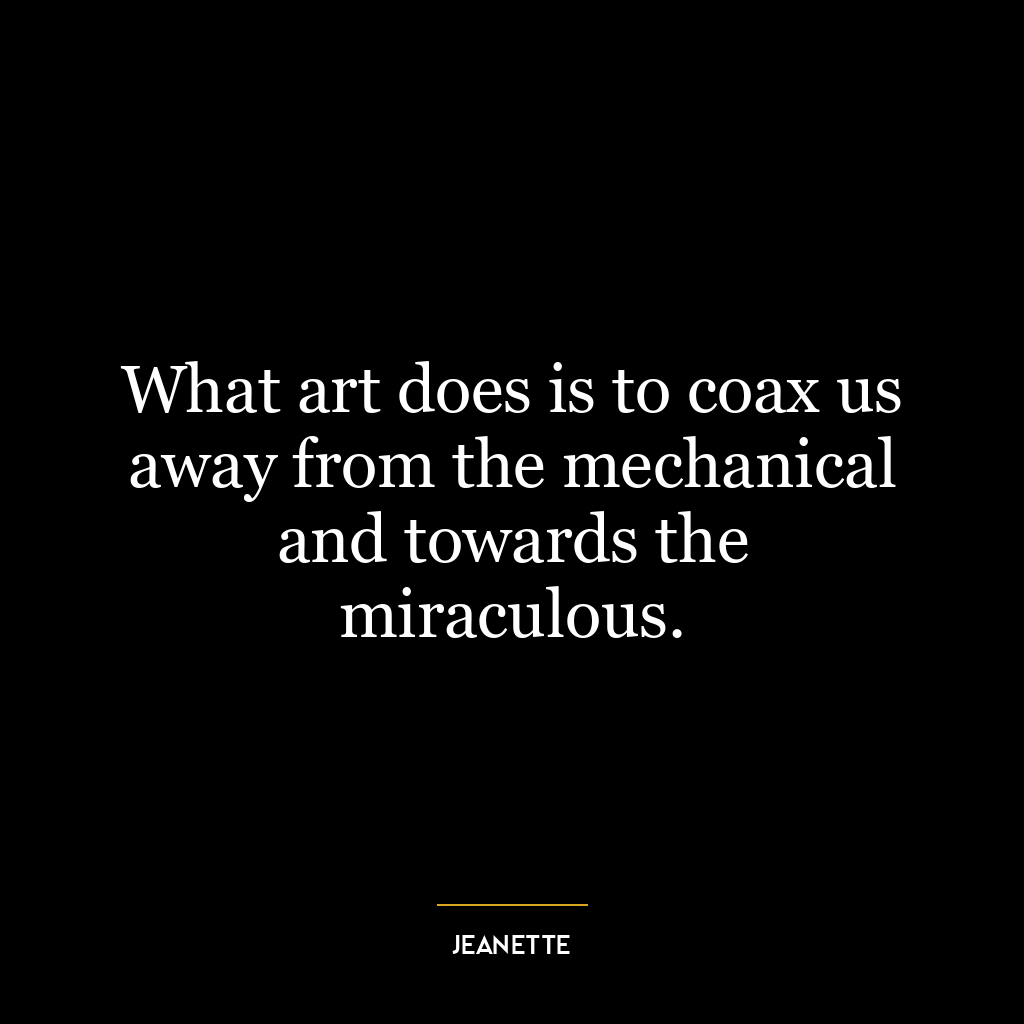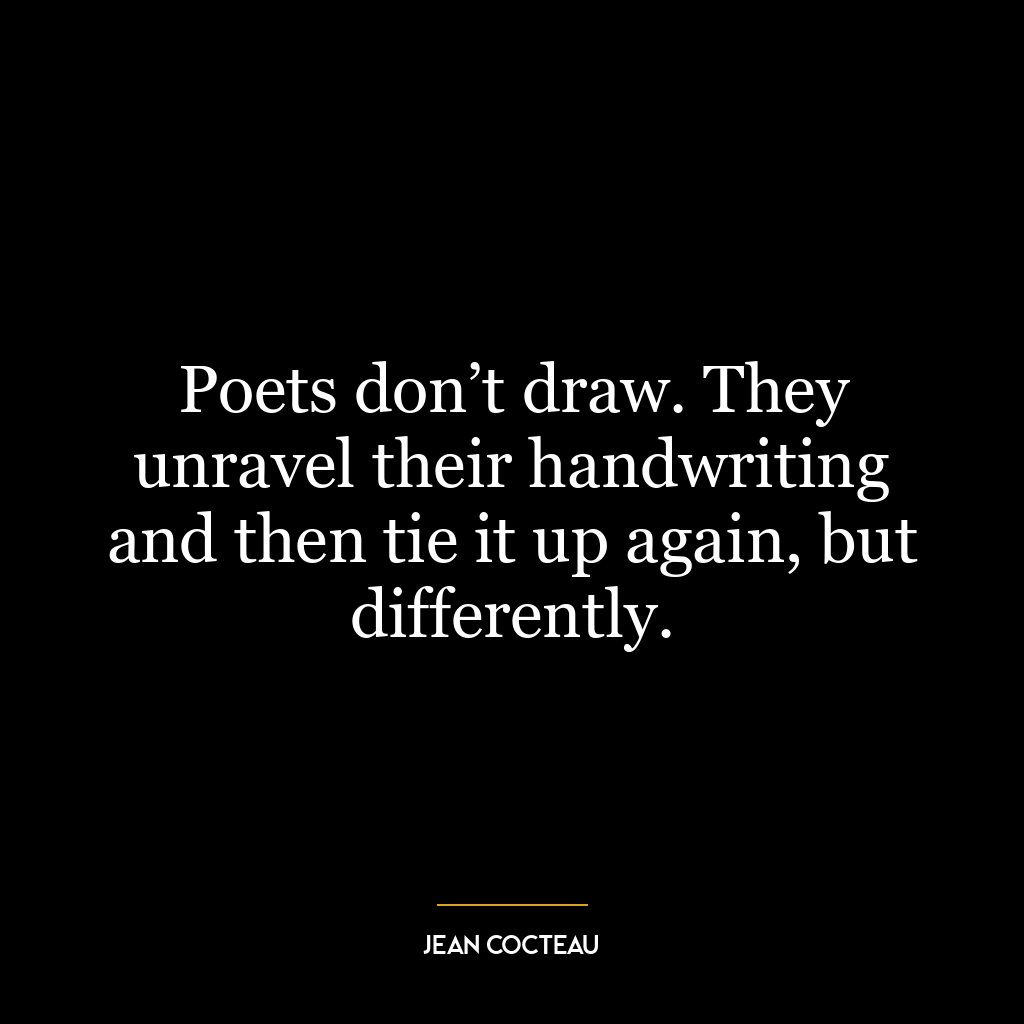This quote is a metaphorical reflection on the human condition, where Thoreau compares human beings to ants, implying that people often live in a state of constant toil and struggle, focused on survival and the accumulation of material goods, much like ants. The reference to the fable is an allusion to the mythological or spiritual narratives that tell of humans being superior beings, capable of higher thought, creativity, and moral judgment.
The phrase "we were long ago changed into men" suggests that humans have evolved beyond mere survival instincts and have the capacity for higher pursuits such as philosophy, art, and altruism. Despite this, Thoreau points out that many people still live "meanly," focused on mundane tasks and material gains, rather than embracing the full potential of their humanity.
Applying this to the modern world, one could argue that society often prioritizes material wealth and status over personal growth and self-realization. In the race for success, we often forget to live mindfully, to nurture our relationships, and to contribute positively to society.
In terms of personal development, this quote highlights the importance of self-awareness and personal growth. It encourages individuals to rise above the daily grind and seek higher goals in life. It suggests that we should not just survive, but thrive - to live a life of purpose and meaning, to use our unique human capabilities to contribute to society and to make the world a better place. It’s a call to action to not live ‘meanly’, but to live fully, embracing the full potential of our humanity.









